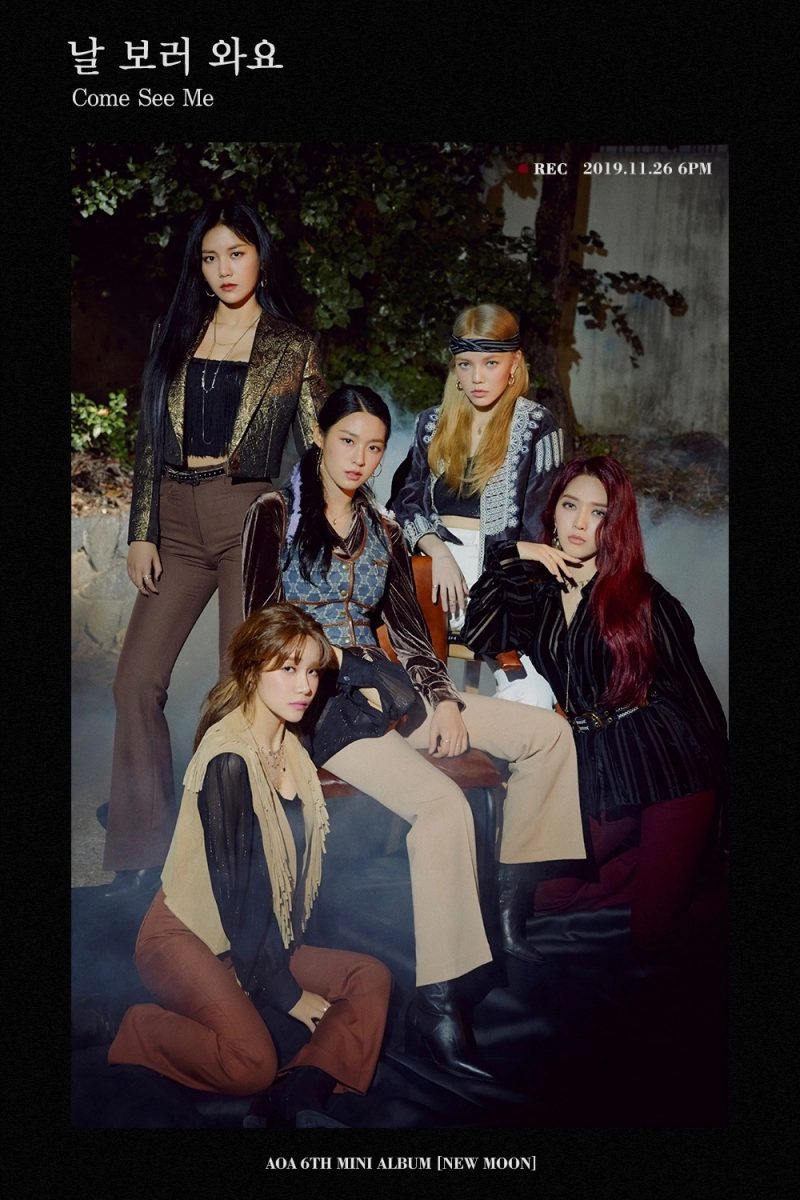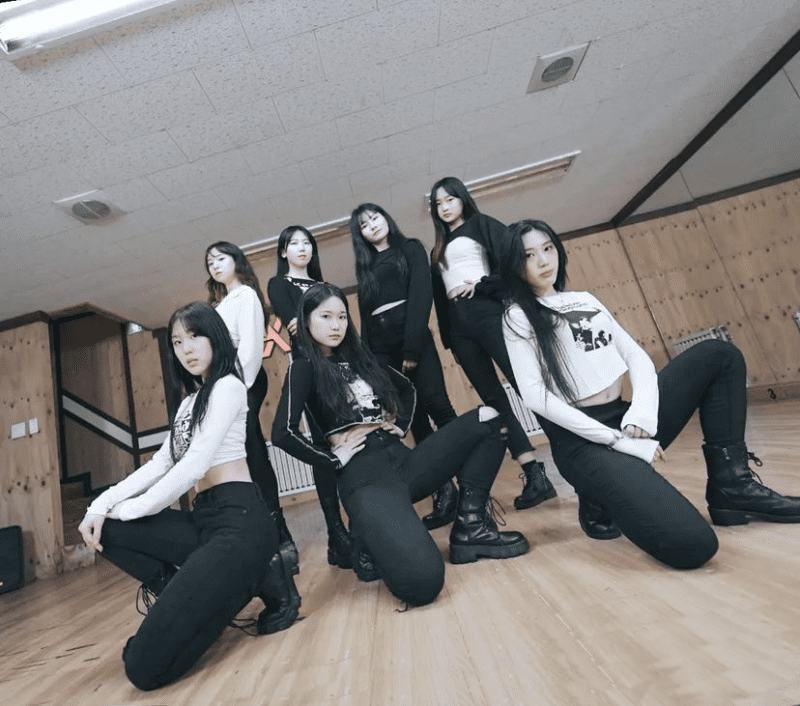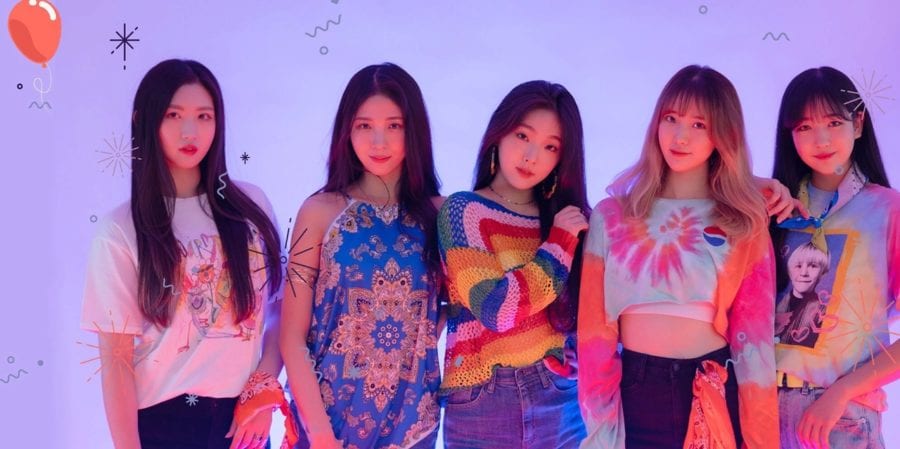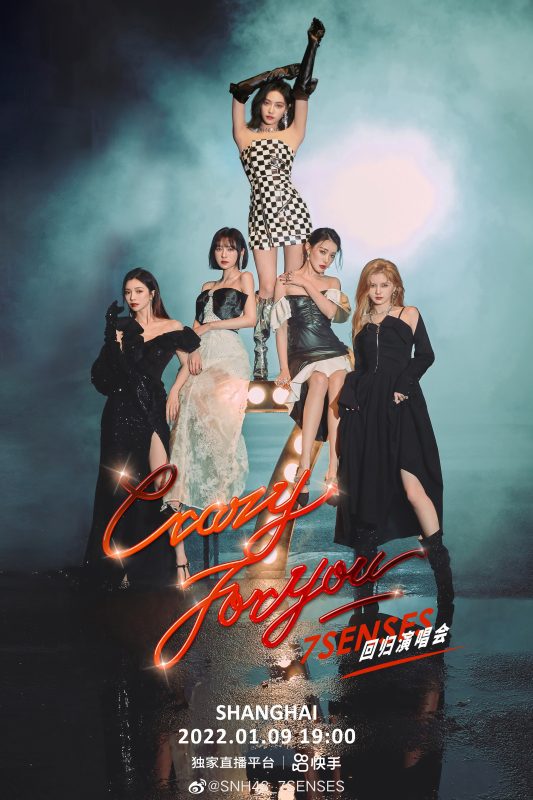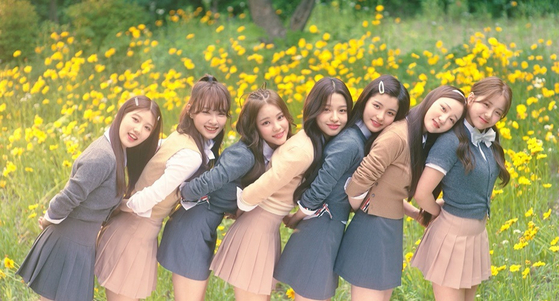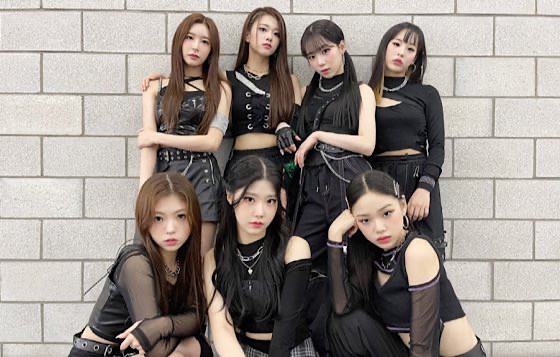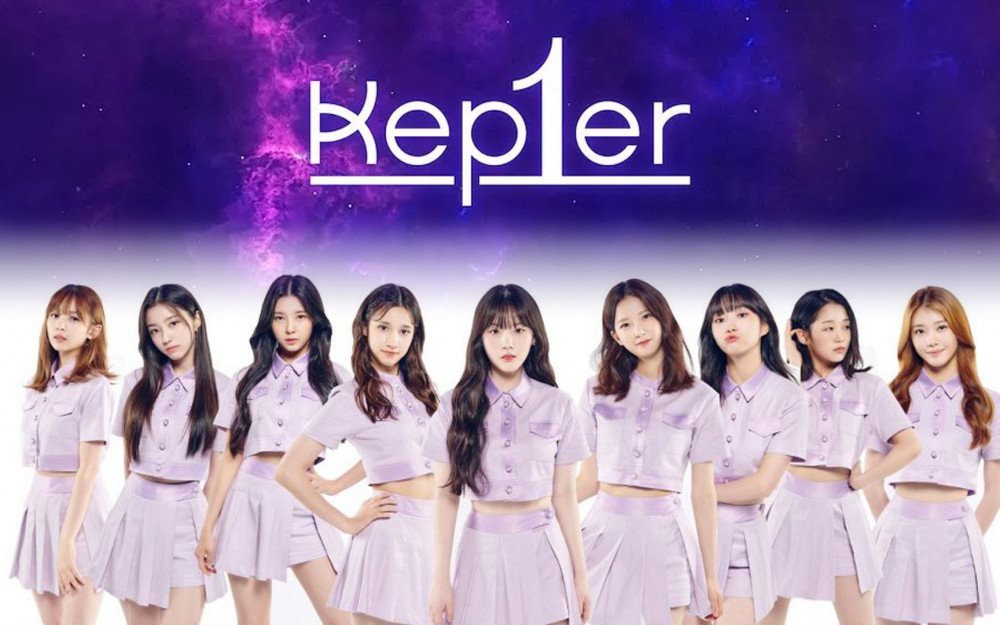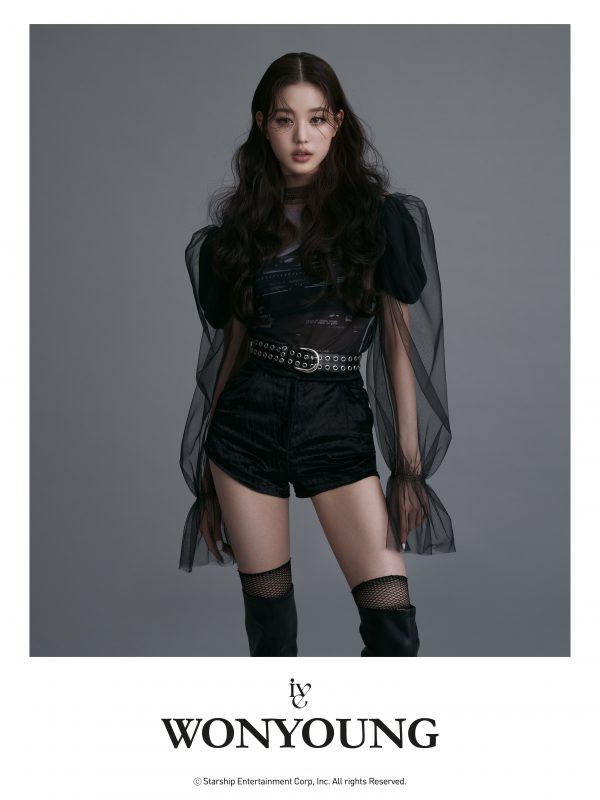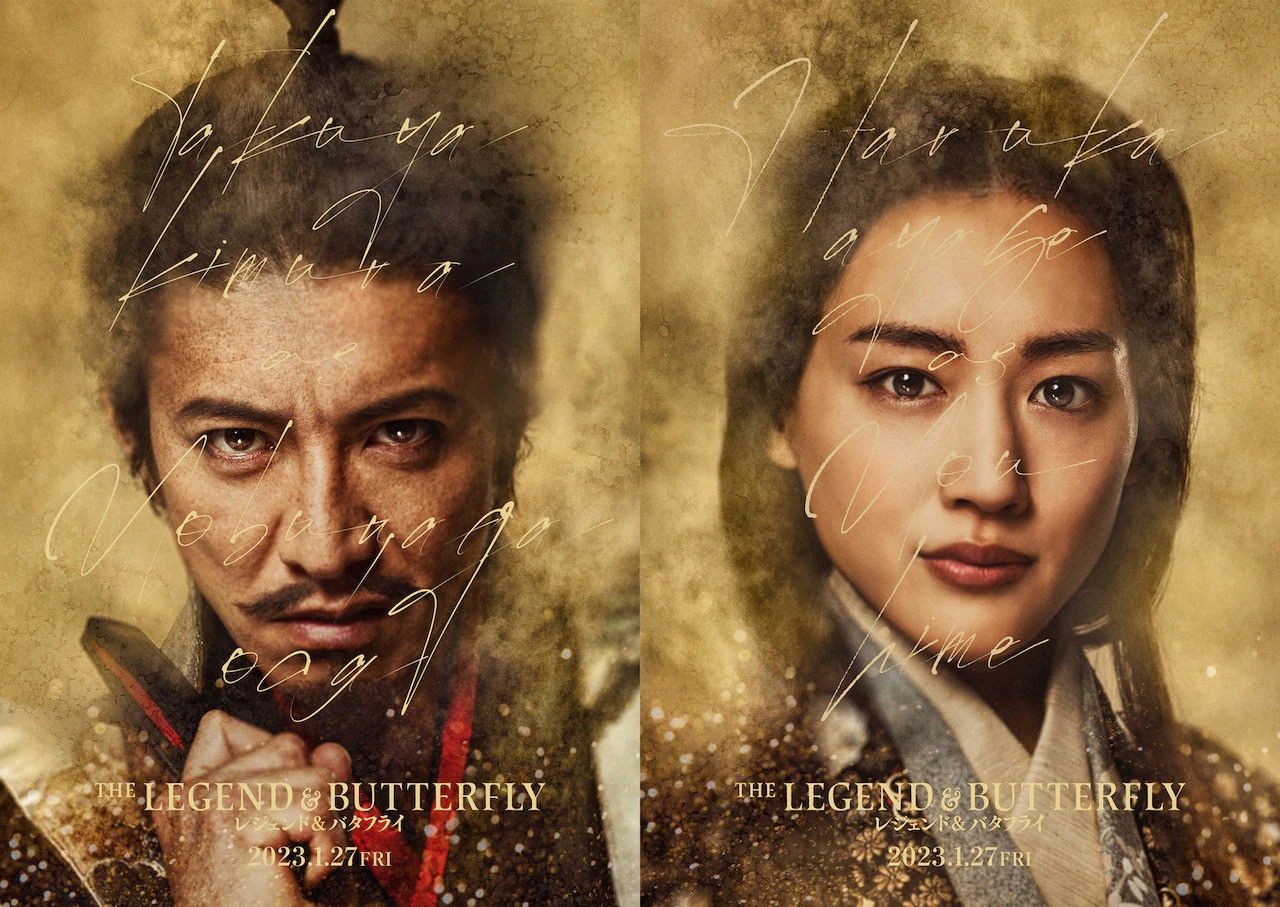Biography, music career and the best songs by Vietnam most famous musician - Trinh Cong Son
1. Biography and memorable milestones in the music career of composer Trinh Cong Son
- Biography and composing career of composer Trinh Cong Son: Musician Trinh Cong Son is from Minh Huong village, Vinh Tri commune, Huong Tra district, Thua Thien Hue province. As a teenager, he attended the Lycée Français and Providence schools in Hue, and later went to Saigon to study philosophy at the Western Lycée Jean Jacques Rousseau Saigon School and graduated with a baccalaureate degree here. In 1957, he had an accident while practicing judo with his younger brother. He suffered serious chest injuries, almost died, was bedridden for nearly two years in Hue. During his hospital stay, he read many books on philosophy, literature and learned folk songs. He once confessed: "When I got out of the hospital bed, I had another passion in my mind, which is music. Saying so, it seems incorrect, maybe those dreams, desires were hidden from the part. The depths of the subconscious were suddenly awakened, aroused ".
-
Trinh Cong Son said, he composed two songs "Night Mist" and "Evening Star" at the age of 17. But his first published work was "Wet mi", printed by An Phu publishing house in 1959 and through the voice of singer Thanh Thuy. In 1961, because he wanted to avoid military service, he took the exam and studied Child Education at Quy Nhon Pedagogy School. After graduating, he taught at a primary school in Bao Loc, Lam Dong. He was an intellectual fighting hard for the peace movement in the South. In 1968, musician Trinh Cong Son met with Uncle Ho soldiers in 26 days and nights of the Revolution to liberate Hue. In 1970, he joined the Self-Determination movement with Ngo Kha, Le Khac Cam, Tran Viet Ngac, Chu Son and Thai Ngoc San.
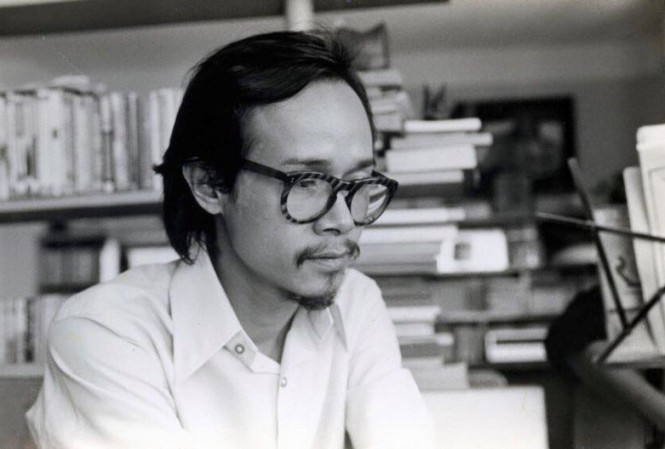
Trinh Cong Son's name is more known, since he and singer Khanh Ly sang at Quan Van, a simple cafe built on the lawn behind the Saigon University of Arts by a group of students. Khai Hoa's name in the movement to serve the youth and society advocated, since late 1966. In the following years, his music was popularized and performed by many singers, especially Khanh Ly. He said: "Meeting singer Khanh Ly is an accidental luck, not only for me but also for Khanh Ly ...". Some songs by Trinh Cong Son have been released to the Japanese public in 1970 such as "Diem old", "Singing Mother", "Sleep, son". Particularly the song "Sleep, baby" has released over two million records.

At noon on April 30, 1975, he went to Saigon Radio to sing the song "Connecting big arms". It was he who was at noon on April 30th stood up to speak live on Saigon radio after the declaration of surrender of President Duong Van Minh. In his speech, he urged the people of the South to support the Provisional Revolutionary Government of South Vietnam. Years after 1975, after studying politics, he worked at the Ho Chi Minh City Music Association, Song Music magazine. From the early 1980s, Trinh Cong Son began composing again. At first, some compositions he sent to Khánh Ly and were only released overseas. When he started to be allowed to circulate music in the country, he wrote a number of articles praising the policies of the new regime such as: "Spring City", "The eternal flame of Moscow", " My school went to the border "," Legend of Mother ", ... After that the Vietnamese government loosened the management of the arts, he continued to contribute many valuable love songs.
Trinh Cong Son is also an amateur film actor, in 1971 starred in the movie Dat Suffering. The film was selected as the main Vietnamese film at the 1996 Asian American Film Festival. In 1997, he and artist Thanh Bach and singer Trinh Vinh Trinh made their VHS videotape album titled "Ru love" by Young Film Studio. produced in 1996. Phuong Nam Film Studio then re-produced it as VCD & DVD in 2004. Phuong Nam Film Studio also performed for him and musician Van Cao in the program "Van Cao & Trinh Cong Son" in 1998. VHS tape format, then VCD & DVD. Since then, he and Mrs. Trinh Vinh Trinh have appeared in music CDs composed by him and produced by Phuong Nam Film Studios during this period such as "Love to find", "Love to find", "Because I need to find you. love life "," Give life a little grace ", ... At the end of his life, musician Trinh Cong Son suffered from liver, kidney disease and diabetes. However, he still tried to compose new songs in the last years of his life.
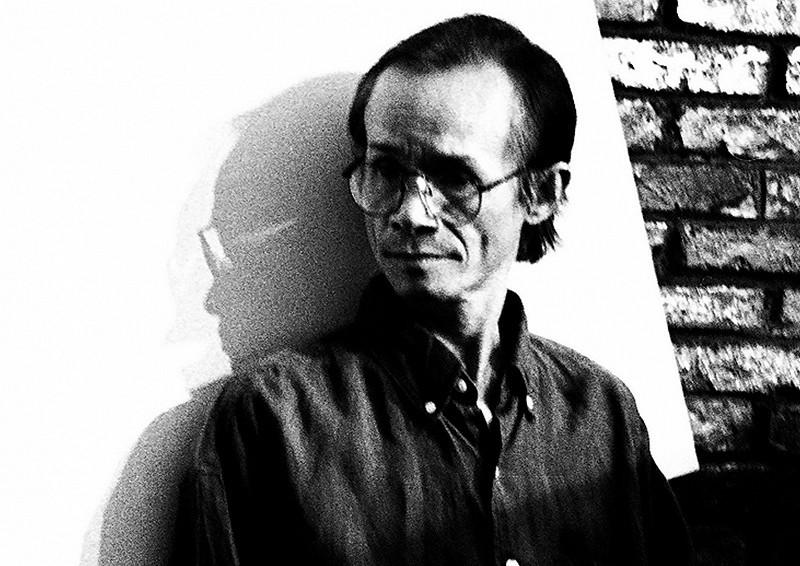
He died in Ho Chi Minh City of diabetes at 12:45 am on April 1, 2001, thousands of people visited the funeral and "arguably, no musician has lost the public mourning as Trinh Cong Paint". He was buried at Quang Binh Pagoda Cemetery (Thu Duc District). Since then every year, fans have taken this day as a memorial day. In 2001, Hoa Binh Theater and Phuong Nam Film Company performed the Grand Music Festival celebrating his 100th death, titled "As a farewell". After that, there were live shows commemorating him as "Night of Myths" (2005) and "Lulling Tears" (2007) ".
- Some awards that musician Trinh Cong Son won:
+ In 1972, he won the Gold Disc Award in Japan with the song "Sleep, Children" (in the Yellow song) through the singing of singer Khanh Ly. In 1979, Nippon Records Columbia invited Khanh Ly to record his songs for the second time, the same year the song "Sleep, Baby" became a hit in Japan.
+ Award for Best Song in "The Last Sin".
+ First prize in the contest "Best songs after 10 years of war" with the song "I am in the farm, I go to the border".
+ First prize in the contest "Twenty years later" with the song "Twenty strange sunny seasons".
+ In 1997 he won the Grand Prize of the Musician Association for a series of songs: "Please pay your debt", "Where are the waves going?", "You left the way", "What have we seen today".
+ Trinh Cong Son is named in the French encyclopedia Encyclopédie de tous les pays du monde (Coll. Les Millions).
2. The best songs of musician Trinh Cong Son
Trinh Cong Son's music is performed by many singers, but the most successful are Khanh Ly, Le Thu, Hong Nhung and Quang Dung. In addition, he is considered a poet, a painter, an actor and an amateur singer (he has performed some songs composed by himself).
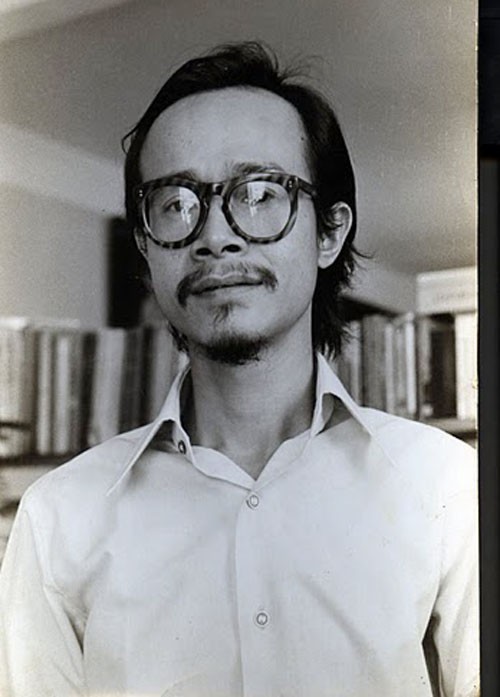
Ai ngoài cánh cửa?
Bà mẹ Ô Lý
Bay đi thầm lặng
Bằng lòng
Bài ca dành cho những xác người (Ballad to the dead)
Bên đời hiu quạnh
Biển nghìn thu ở lại
Biển nhớ (You said goodbye)
Biển sáng (Bright sea) (sáng tác cùng với Phạm Trọng Cầu)
Biết đâu nguồn cội (Unbeknownst to me, the root)
Bống bồng ơi
Bống không là Bống
Bốn mùa thay lá (Four seasons of change)
Ca dao mẹ (A mother's lament)
Cánh đồng hoà bình (Fields of peace)
Cát bụi (Sand and dust)
Chiếc lá thu phai (The withering fall leaf)
Chiều một mình qua phố (An afternoon promenade of solitude)
Chìm dưới cơn mưa (Buried under the rain)
Cho đời chút ơn (Grace onto life)
Cho một người nằm xuống (Song for the fallen)
Chưa mất niềm tin (Still believing)
Chưa mòn giấc mơ (A dream that hasn't been eroded)
Con mắt còn lại (The remaining eye)
Có một dòng sông đã qua đời (A river that died)
Có nghe đời nghiêng (Tilting life)
Còn ai với ai / Còn tôi với ai
Còn mãi tìm nhau (Forever seeking)
Còn có bao ngày (Not many days are left)
Còn thấy mặt người
Còn tuổi nào cho em
Cỏ xót xa đưa (Sway sorrow weeds)
Cúi xuống thật gần (Bend down, come closer)
Cũng sẽ chìm trôi (Eventual withering)
Cuối cùng cho một tình yêu (The end of a romance)
Dân ta vẫn sống
Dấu chân địa đàng / Tiếng hát dạ lan (Footprints in Eden / The singing of the Hyacinth)
Diễm xưa (Over the old tower)
Du mục (Nomad)
Dựng lại người, dựng lại nhà (People rebuilt, houses rebuilt)
Đại bác ru đêm (A Lullaby of Cannons for the Night)
Để gió cuốn đi (Gone with the wind)
Đêm / Đêm Hồng (Night / Pink Night)
Đêm bây giờ, đêm mai (This night, tomorrow night)
Đêm thấy ta là thác đổ (One night I saw me as a waterfall)
Đi mãi trên đường (Never-ending road)
Đóa hoa vô thường (Evanescent bloom)
Đoản khúc thu Hà Nội (Ditty for Hanoi's autumn)
Đợi có một ngày (Waiting for the day)
Đời cho ta thế
Đôi mắt nào mở ra (Open your eyes)
Đồng dao hoà bình (The rhymth of Peace)
Đừng mong ai, đừng nghi ngại
Em còn nhớ hay em đã quên (Do you still remember or have you forgotten?)
Em đã cho tôi bầu trời (The heaven you have brought to me)
Em đi bỏ lại con đường
Em đi trong chiều (In the evening you walk)
Em hãy ngủ đi (Love, you should sleep)
Em là hoa hồng nhỏ (You are a little rose)
Gần như niềm tuyệt vọng (A resemblance of despair)
Gia tài của mẹ (A mother's legacy)
Giọt lệ thiên thu (A tear of eternity)
Giọt nước mắt cho quê hương (A tear for my homeland)
Gọi tên bốn mùa (Conjure up the four seasons)
Góp lá mùa xuân
Hạ trắng (We're not apart)
Hai mươi mùa nắng lạ (Twenty seasons of strange sunlight)
Hành hương trên đồi cao / Người đi hành hương trên đỉnh cao (Pilgrimage)
Hãy cố chờ (Let's try to wait)
Hãy cứ vui như mọi ngày (Just be happy like any other day)
Hãy khóc đi em (Just cry, my dear)
Hãy nhìn lại (Just look back and see)
Hãy sống giùm tôi (Just live my life for me)
Hãy yêu nhau đi (Give me your hand)
Hoà bình là cơm áo (Peace means weal)
Hoa vàng mấy độ (The flowers that were once golden bright)
Hoa xuân ca (Spring flowers song)
Hôm nay tôi nghe (Today I heard)
Huế - Sài Gòn - Hà Nội (Hue - Saigon - Hanoi)
Huyền thoại mẹ (Legendary mother)
Khăn quàng thắp sáng bình minh
Khói trời mênh mông
Lại gần với nhau (Closer)
Lặng lẽ nơi này (So silent here)
Lời buồn thánh
Lời mẹ ru (A mother's lullaby)
Lời ở phố về
Lời ru đêm (Night's lullaby)
Lời thiên thu gọi (Eternity's calling)
Mẹ bỏ con đi / Đường xa vạn dặm
Mẹ đi vắng
Môi hồng đào (Rosy Lips)
Mỗi ngày tôi chọn một niềm vui (Each day I choose joy)
Một buổi sáng mùa xuân (A spring morning)
Một cõi đi về (Circle of life)
Một lần thoáng có
Một ngày như mọi ngày (A day just like any other day)
Một ngày vinh quang (A day of glory)
Mùa áo quan (The season of coffins)
Mùa hè đến (The summer's arrived)
Mùa phục hồi / Xin chờ những sớm mai (The season of recuperation / Waiting for tomorrow mornings)
Mưa hồng (Pink rain)
Mừng sinh nhật
Nắng thuỷ tinh (Crystal sunlight)
Này em cớ nhớ (Do you remember?)
Ngẫu nhiên (Perchance)
Ngày dài trên quê hương (A long day in the Motherland)
Ngày mai đây bình yên (Peaceful future)
Ngày về (Returning home)
Ngày xưa khi còn bé (Childhood days)
Nghe những tàn phai (The sound of evanescing)
Nghe tiếng muôn trùng
Ngủ đi con (Go to sleep, my child)
Ngụ ngôn mùa đông (A winter fable)
Người con gái Việt Nam da vàng (A yellow-skinned Vietnamese girl)
Người già em bé (An old person, a baby)
Người về bỗng nhớ (Now i can see)
Nguyệt ca (The lunar song)
Nhìn những mùa thu đi (Watch the autumns go by)
Nhớ mùa thu Hà Nội (Missing Hanoi's autumn)
Như cánh vạc bay (Like a flying crane)
Như chim ưu phiền (Anguishing bird)
Như một lời chia tay (Words of good-bye)
Như một vết thương (A wound)
Như tiếng thở dài (As a deep sigh)
Những con mắt trần gian (The earthly eyes)
Những giọt máu trổ bông (The blooming of the blood drops)
Níu tay nghìn trùng (Grabbing hands over a thousand miles)
Nối vòng tay lớn (Circle of unity)
Ở trọ / Cõi tạm (Temporary stay)
Phôi pha (Withering)
Phúc âm buồn (Dolorous Gospel)
Quê hương đau nặng (Motherland in pain)
Quỳnh hương (Scent of the ephemeral bloom)
Ra đồng giữa ngọ
Rồi như đá ngây ngô (Not gone at all)
Rơi lệ ru người
Ru đời đã mất (Lullaby for a lost life)
Ru đời đi nhé (Lullaby to life)
Ru em (Lullaby for you)
Ru em từng ngón xuân nồng / Ru mãi ngàn năm (Eternal lullaby)
Ru ta ngậm ngùi / Môi nào hãy còn thơm (Lullaby for a sorrowful me)
Ru tình (Lullaby for love)
Rừng xưa đã khép (Your old woods are closed)
Sao mắt mẹ chưa vui?
Sẽ còn ai (Who will remain?)
Sóng về đâu (To where the waves depart)
Ta đi dựng cờ
Tạ ơn (Thanksgiving)
Ta phải thấy mặt trời (We must be able to see the Sun)
Ta quyết phải sống (We have to survive & live)
Ta thấy gì đêm nay (What have we seen tonight?)
Thuở Bống là người (The time when Bong was in human form)
Thiên sứ bâng khuâng (thơ Trịnh Cung)
Thương một người (Loving someone)
Tiến thoái lưỡng nan (All ways closed off)
Tiếng ve gọi hè
Tình ca của người mất trí ("Ballad of an insane person" or "Love song of a deranged woman")
Tình khúc Ơ-bai
Tình nhớ (Memory)
Tình sầu (Sorrowful love)
Tình xa (Distant love)
Tình xót xa vừa
Tình yêu tìm thấy
Tôi đã mất (I have lost)
Tôi đang lắng nghe / Im lặng thở dài (I am listening / Quiet sigh)
Tôi ơi đừng tuyệt vọng (Despair not, dear me)
Tôi ru em ngủ (My lullaby for you)
Tôi sẽ đi thăm (I shall visit)
Tôi sẽ nhớ (I shall remember)
Tôi tìm tôi / Tôi là ai? (I search for myself / Who am I?)
Trong nỗi đau tình cờ
Tự tình khúc
Từng ngày qua (Everyday through)
Tuổi đá buồn (Stone's age of despair)
Tuổi đời mênh mông
Tuổi trẻ Việt Nam (Vietnamese Youths)
Tưởng rằng đã quên (Thought that I have forgotten)
Ướt mi ("Misty eyes" or "Tearing lashes")
Vẫn có em bên đời (I still have you in my life)
Vẫn nhớ cuộc đời
Vàng phai trước ngõ
Về trong suối nguồn (Back to the fountainhead)
Về thăm mái trường xưa (Revisiting the old school)
Vết lăn trầm
Vì bé ngoan
Vì tôi cần thấy em yêu đời
Vườn xưa (Garden of the past)
Xa dấu mặt trời (Far from the sun)
Xanh lòng phai tàn
Xin cho tôi (Please give me)
Xin mặt trời ngủ yên (Please let the sun sleep)
Xin trả nợ người
Yêu dấu tan theo (Fading love)



